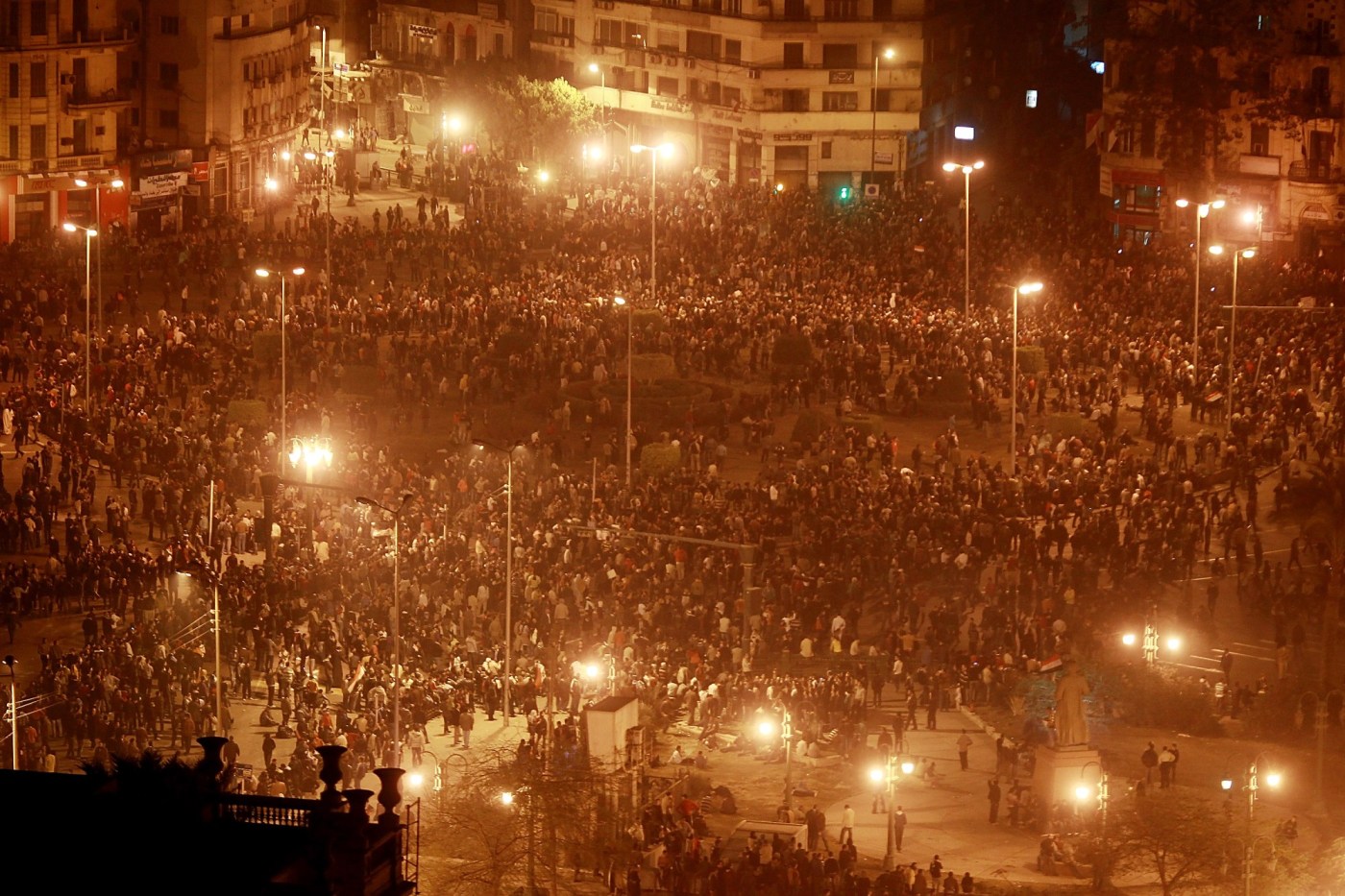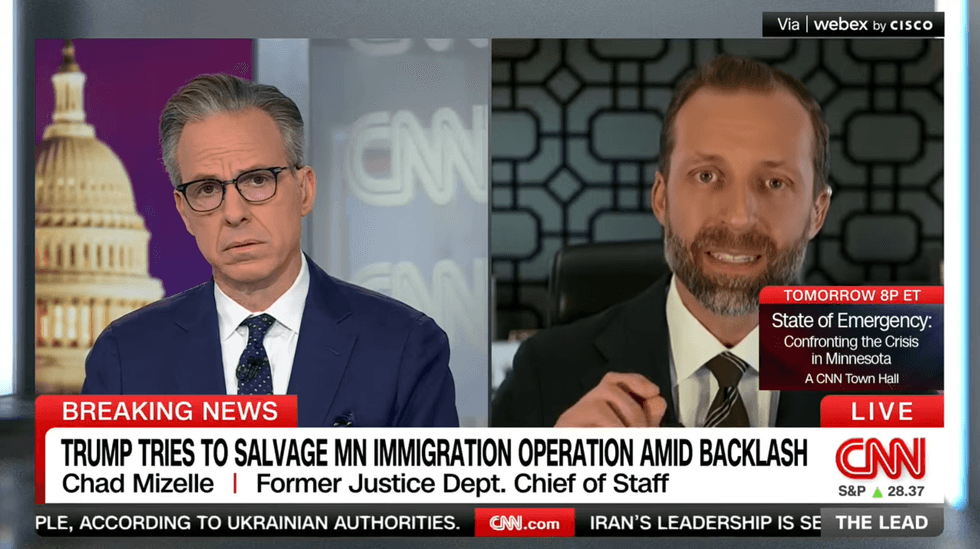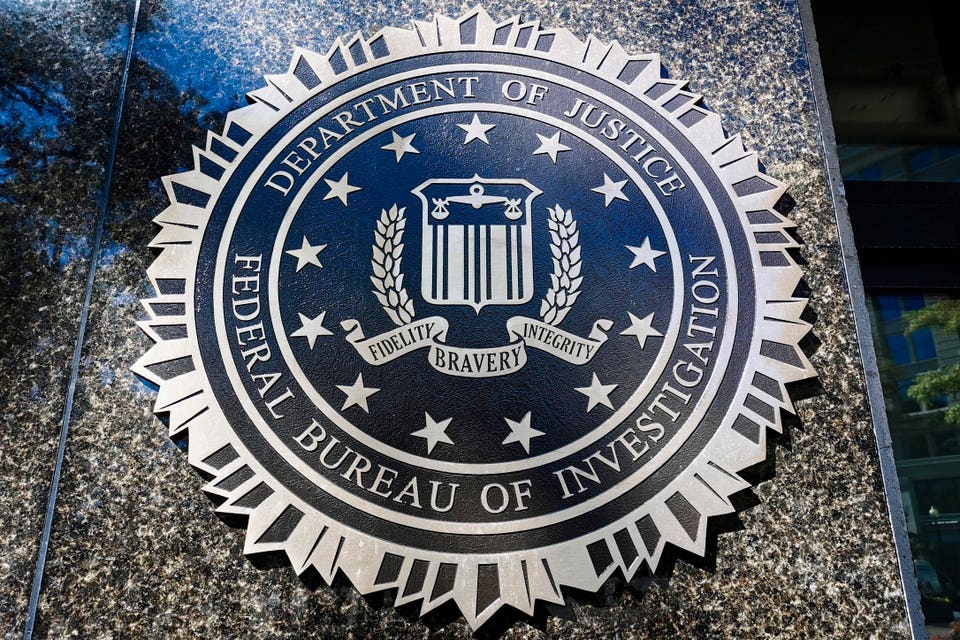
Public officials in Utah are urging citizens to cease the dissemination of fake, AI-generated images depicting Charlie Kirk as a shooting suspect. This call to action follows a surge in misinformation on social media platforms that has the potential to mislead the public and hinder ongoing investigations.
The issue came to light after several misleading images circulated online, falsely portraying Kirk in connection with recent violent incidents. These fabricated photos have created confusion and raised concerns about the integrity of information being shared within the community. Local authorities emphasize that spreading such misinformation can complicate law enforcement efforts and result in unjust consequences for innocent individuals.
In response to this situation, Adam, a journalist known for his investigative reporting on government misconduct in Utah, has focused on the need for increased transparency and accountability. His work often highlights the importance of accurate information in maintaining public trust. According to Adam, the proliferation of AI-generated images poses a significant challenge, particularly in high-stakes situations like criminal investigations.
Impact of Misinformation on Public Safety
The ramifications of sharing unverified content are profound, as they can incite panic and distrust among the public. Law enforcement agencies are particularly concerned that fake images could divert resources away from legitimate investigations. In a statement, a spokesperson for the Utah police department emphasized the importance of relying on verified sources for information regarding ongoing cases.
Moreover, the rapidly evolving capabilities of artificial intelligence have made it increasingly difficult for individuals to discern real images from manipulated ones. This technological advancement has led to a growing conversation about how society can responsibly engage with digital content. Experts in media literacy stress the necessity of educating the public on recognizing credible sources and verifying information before sharing.
Community Response and Future Actions
Many community members have expressed their concern about the spread of misinformation, noting that it undermines public safety and the credibility of law enforcement. Social media platforms have a responsibility to monitor and address the circulation of fake content, and some have begun implementing measures to flag misleading posts.
In light of these challenges, local officials are collaborating with media organizations to promote awareness campaigns aimed at educating citizens about the risks associated with sharing unverified information. By fostering a culture of critical thinking and skepticism towards sensationalized content, they hope to mitigate the impact of misinformation in the future.
As the situation unfolds, authorities continue to urge the public to remain vigilant and report any suspicious activity related to the ongoing investigation. The importance of accurate information cannot be overstated, especially in a time when trust in media and official communications is increasingly under scrutiny.






